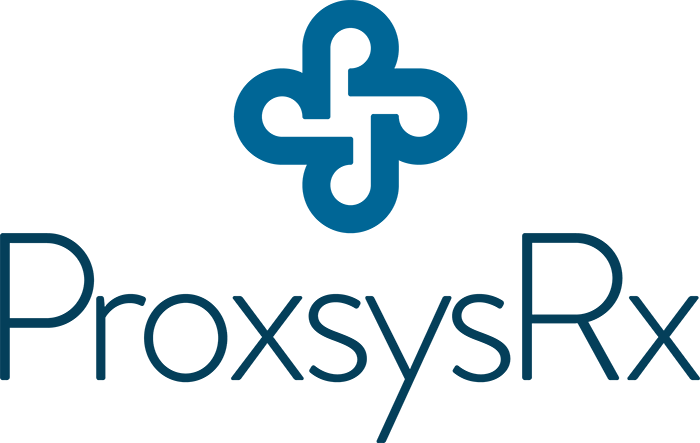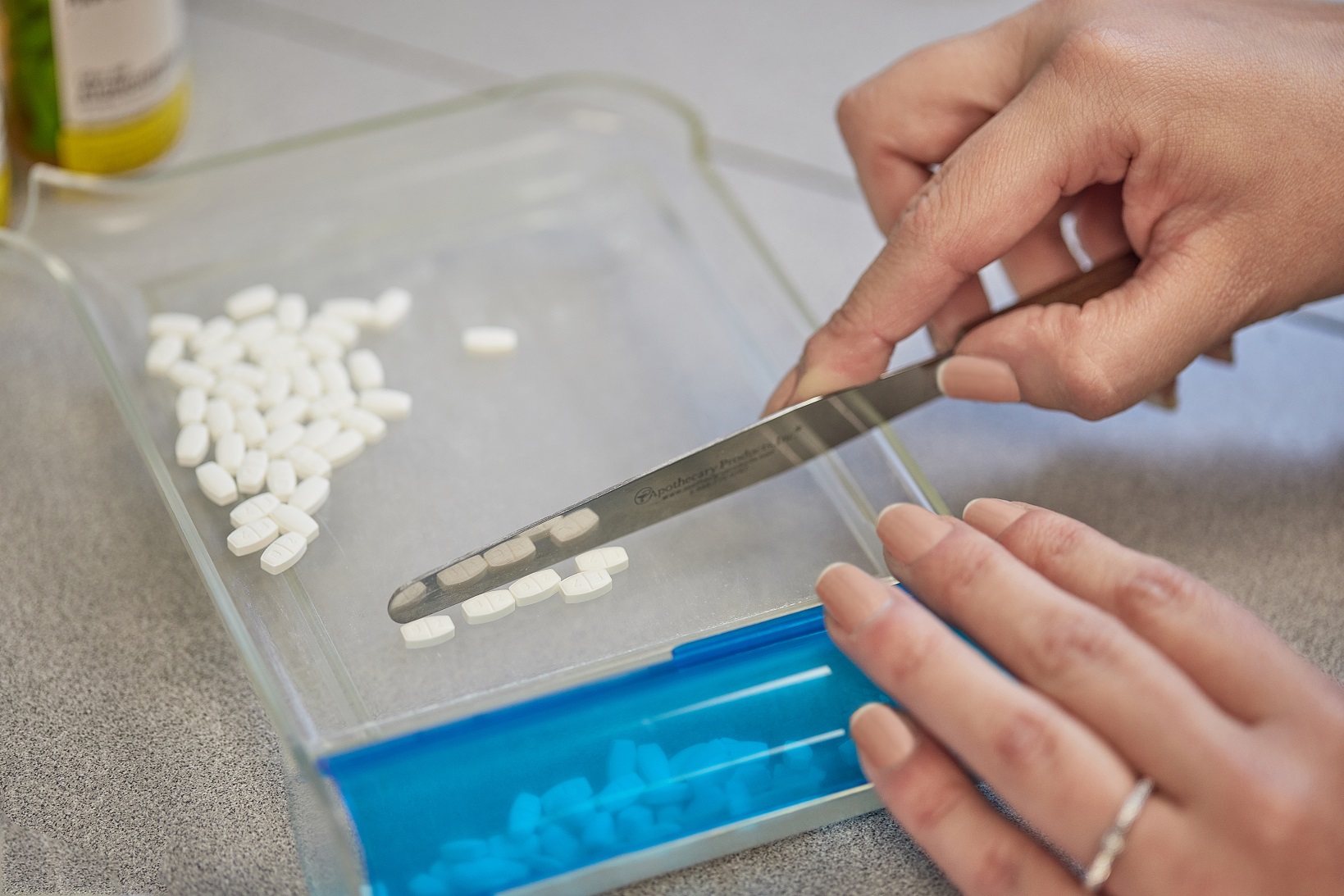For 340B-eligible hospitals dealing with increasingly tight bottom lines (which essentially means all 340B-eligible hospitals), an in-house specialty pharmacy offers enormous savings and revenue potential. Some covered entities generate as much as 600% in specialty pharmacy revenue from 340B drugs as they do in traditional retail / outpatient or contract pharmacy 340B revenue.
What is a Specialty Pharmacy?
According to the National Association of Specialty Pharmacy, a specialty pharmacy is a state-licensed pharmacy that either solely, or primarily, provides medications for patients with serious, chronic health conditions requiring complex therapies. These conditions may include:
Cancer
Cystic fibrosis
Hemophilia/other bleeding disorders
Hepatitis
HIV/AIDS
Human growth hormone deficiencies
Multiple sclerosis
Organ transplantation
Rheumatoid arthritis
An article by Pharmacy Times offers a slightly different take on the topic, noting that the specialty pharmacy concept originated in the early 1970s, and was designed to serve patients needing specific therapies for various conditions. Moreover, medications considered to be “specialty” are based on criteria set forth by the FDA and the manufacturers.
In another article, the NIH notes that, “Since its infancy, specialty pharmacy providers have attached high-touch services to their overall price tags. The rationale goes that patients who receive specialty pharmaceuticals will need high levels of ancillary and follow-up care to ensure that the drug spend is not wasted on them.”
Specialty pharmacy 340B revenue potential: overview
As we noted in a previous post, the average cost of specialty drugs is significantly higher. And while their margins may be lower, the savings potential of these 340B covered outpatient drugs can be astronomical. According to a drug trend report by Evernorth, specialty drugs were used by less than 2% of the population in 2020, but accounted for more than 50% of prescription spending.
According to some online estimates specialty pharmacies’ purchases of 340B-eligible drugs have increased by an average of 56% annually since 2017. That’s roughly six times faster than overall growth in the specialty drug market.
Today, critical access hospitals and other 340B covered entities can acquire many specialty drugs for as little as 1¢. Many specialty drugs — including Epclusa, Harvoni, Imbruvica, Iressa, Gilenya, Revlimid and Stelara — offer 340B discounts of 70% to 100%.
Additional benefits of owning a 340B-eligible specialty pharmacy
FEWER LOCATIONS = LESS OVERHEAD
According to industry estimates, specialty pharmacies account for more than 20% of all contract pharmacy relationships with 340B hospitals and other covered entities, but they account for only 1% of 340B contract pharmacy locations. Fewer locations typically means a lower resource investment for covered entities.
Moreover, specialty pharmacies usually ship drugs directly to hospitals or patients, rather than filling them on-site in retail stores — which means costly locations aren’t critical to their success.
FEWER 340B-ELIGIBLE CLAIMS, HIGHER NET SAVINGS & REVENUE
While your overall volume of 340B-eligible specialty-drug prescriptions will be lower than the retail-prescription volume from your in-house and contract pharmacies, consider the savings and revenue potential. Several online sources estimate that, while the average retail pharmacy prescription in 2020 cost $566 per month, the average specialty drug prescription cost $6,565. In a September 2021 article, AARP estimated that, in 2020, the average annual cost for one specialty medication used on a chronic basis was $84,442.
All of which is why a specialty pharmacy can significantly increase 340B-covered entities’ opportunities to fill the revenue gaps inherent to their business models and, at the same time, subsidize their Patient and Charity care programs.
To learn more about specialty pharmacies and how they can benefit from the 340B drug discount program, visit our blog post on the topic.
The challenges in establishing and maintaining a 340B-eligible specialty pharmacy
As with all Too Good To Be True opportunities, the inarguable benefits of a covered entity owning a specialty pharmacy come with significant costs and challenges. For starters, it takes, on average, two years to build and launch a specialty pharmacy from scratch — and the process involves a number of complex legal and regulatory hurdles.
Specialty pharmacies require certification that’s costly — both financially and in the time involved to get them. At the same time, you have to contract with payers — and securing each of those contracts takes time and effort.
Then there’s the matter of stocking and staffing your specialty pharmacy — which typically costs at least $1 million in inventory, and requires the hiring of at least one Certified Specialty Pharmacist with the following professional qualifications:
- A BSPharm or PharmD degree by an accredited college or university
- 3,000 hours of specialty pharmacy experience within 4 years
- 30 hours’ continuing education in specialty pharmacy within the last 2 years
- Completion of the CSP examination
Given the costs and challenges of building a specialty pharmacy from scratch, it’s no surprise that most specialty pharmacies are owned and operated by PBMs, wholesalers, providers, or integrated delivery networks with ready access to investment capital and other necessary resources.
One commonly-employed option to building a 340B-eligible specialty pharmacy
Instead of building your own specialty pharmacy from scratch, your health system might consider partnering with an existing 340B-eligible specialty pharmacy. Not only does this option eliminate virtually all of the challenges mentioned above, but partnering with a current specialty pharmacy gives you instant access to established resources, staff and customers / patients. Moreover, partnering with an existing 340B-eligible specialty pharmacy typically takes the shortest time to market.
That said, when your health system chooses to build its own specialty pharmacy, you — the covered entity — will keep a greater share of your 340B specialty-drug savings. Ownership also entitles your specialty pharmacy access to certain Limited Distribution Drugs that may not be available at certain third-party contract specialty pharmacies.
Lastly, maintaining ownership keeps the Continuum Of Care for your patients within your health system and within your health system’s controls and procedures — which might be greater, and more beneficial, for both your patients and the prescriber.
How to use your hospital’s retail pharmacy to build or partner with a specialty pharmacy
A well-managed retail / outpatient pharmacy can, and should, generate significant revenue and profits for your health system. ProxsysRx currently owns or manages 22 in-house retail / outpatient pharmacies, and — on average — those pharmacies generate $750 to $1000 in net profit per bed, per month. Which means, for instance, that a 200-bed hospital can expect to generate $150,000 to $200,000 in monthly net profit from its in-house retail pharmacy.
Consider setting-aside some of the retail-prescription savings from 340B drugs (IE: “soft specialty” prescriptions like Humira). If you earmark them for funding your initial inventory, refrigeration, containers and your dispensing infrastructure, you could build-out your specialty pharmacy capabilities over time — while analyzing your clinics and workflows — without committing a large capital expenditure from your budget. A “retail first” strategy complements and enables a specialty strategy.
Consider making ProxsysRx your retail pharmacy partner
If you choose ProxsysRx to build-and-own or manage your retail pharmacy, we take the responsibility for generating revenue for you at our own risk. Which means our clients are never exposed to even the potential for loss. Moreover, when we build, own and manage the pharmacy ourselves, we become a tenant in your facility — generating additional revenue through the rent payments we make to you for our space.
ProxsysRx is here to help, if you have questions.
For more information on the full range of pharmacy-support services we offer, contact Howard Hall. C: 214.808.2700 | howard.hall@proxsysrx.com
URAC Accredited
The ProxsysRx specialty pharmacy team is accredited by URAC, the medical profession’s gold standard for third-party validation of high-quality health care.
ProxsysRx is the only accredited company that offers hospitals a comprehensive range of consultative and hands-on pharmacy-related support services.
The single greatest benefit URAC’s validation offers your health system is a significant reduction in the calendar time, and in the personnel time-investment, required to earn the accreditation you need to own a successful specialty pharmacy.
![]()


